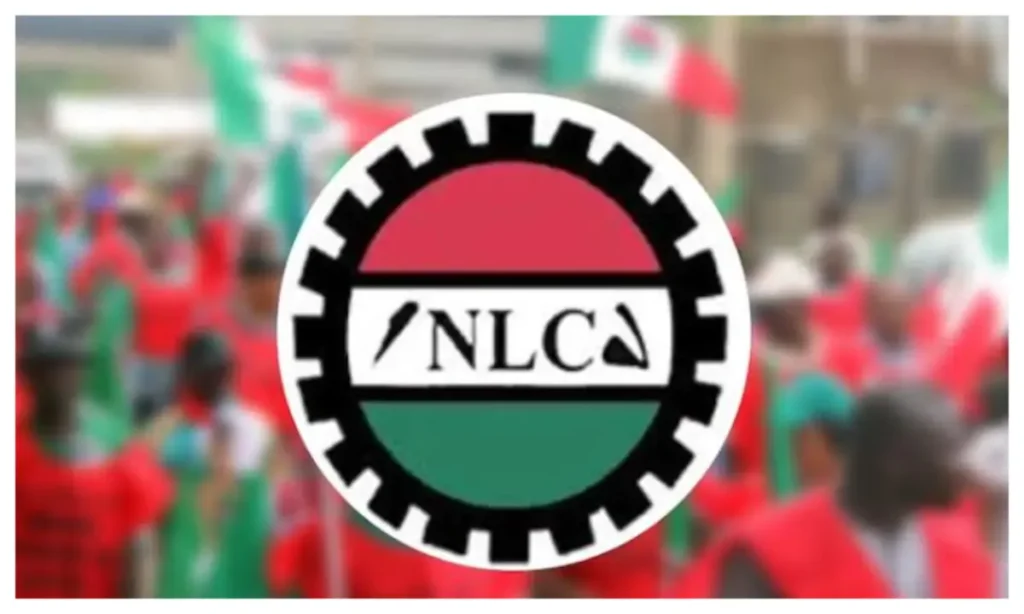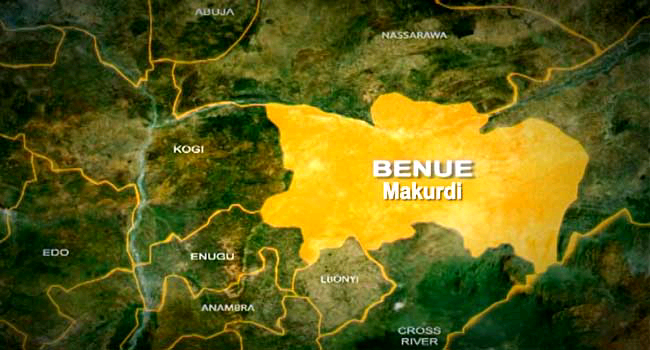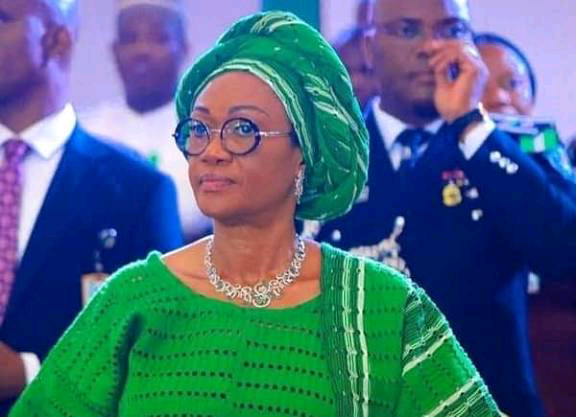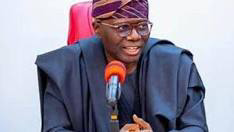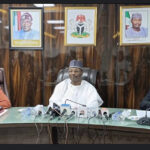Africa, Global Leaders Demand Immediate Release of Tanzanian Opposition Leader Tundu Lissu
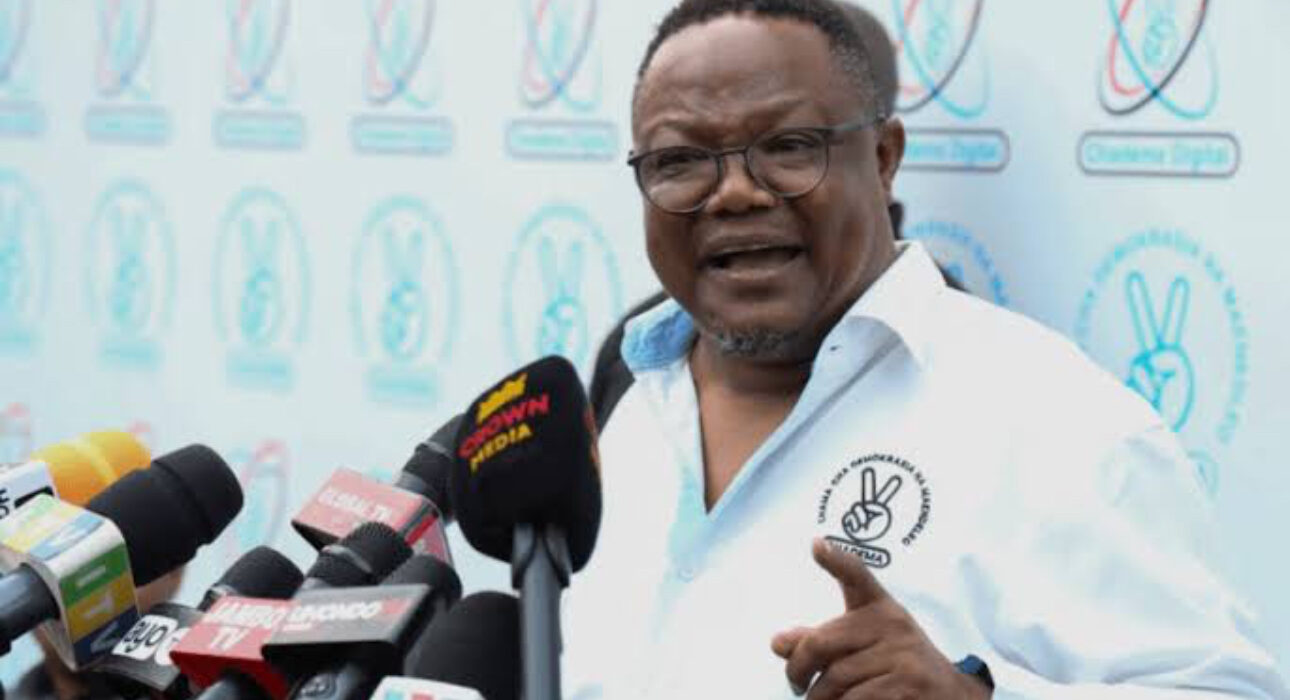
Mounting international pressure is being placed on the government of Tanzania as African political leaders, global human rights organizations, and legal bodies call for the unconditional release of prominent opposition figure, Tundu Lissu, who has been in detention since April on charges widely condemned as politically motivated.
Lissu, the national chairman of Tanzania’s leading opposition party, CHADEMA, was arrested on April 9, 2025, in the town of Mbinga after addressing a political rally calling for electoral reforms.
He had urged citizens to demand transparency in the lead-up to the October 2025 general elections, using the slogan “No Reforms, No Election.” He was later charged with treason and publishing false information—a non-bailable offense under Tanzanian law—and transferred to Dar es Salaam under tight security.
His arrest triggered a wave of domestic and international condemnation, with critics accusing President Samia Suluhu Hassan’s administration of suppressing political dissent and reversing the democratic gains Tanzania had seen in recent years.
The opposition party was subsequently barred from contesting in the general elections after reportedly refusing to sign the electoral code of conduct—a move its members called unlawful and undemocratic.
Amnesty International described the charges against Lissu as “arbitrary and malicious,” urging Tanzanian authorities to release him immediately and end what it called “a coordinated crackdown on opposition voices.”
The organization emphasized that peaceful political advocacy should never be criminalized.
The International Commission of Jurists, alongside several African legal networks, released a joint statement denouncing Lissu’s arrest as a blatant attack on democratic principles.
The coalition warned that prosecuting political opposition under treason charges set a dangerous precedent for governance across East Africa.
Regional civil society leaders, including prominent Kenyan activist and former deputy presidential candidate Martha Karua, who attempted to enter Tanzania to offer legal support, were detained, denied entry, or expelled—further fueling tensions between Tanzania and its neighbours.
In a dramatic escalation, Lissu’s legal team submitted a petition to the United Nations Working Group on Arbitrary Detention, demanding that the international body classify his imprisonment as a violation of international law.
If successful, the move could lead to a formal UN opinion condemning the Tanzanian government’s actions and placing diplomatic pressure on President Samia’s administration.
As Lissu’s detention enters its third month, disturbing reports have emerged that East African activists attending his trial proceedings have been abducted, tortured, and subjected to sexual violence by Tanzanian security operatives. Investigative reports published in The Guardian detailed harrowing experiences of activists Boniface Mwangi (Kenya) and Agather Atuhaire (Uganda), prompting further outrage among human rights defenders.
The Tanzanian government has denied the allegations but warned against what it termed “foreign interference in domestic matters.” However, critics say the crackdown on opposition voices and civic space reflects a clear retreat from President Samia’s earlier promises of openness and reform.
Due to repeated interference with his legal representation, Lissu has now been permitted to represent himself in court. His trial, marked by delays and procedural setbacks, resumes this July in Dar es Salaam’s Keko Maximum Prison.
Meanwhile, his lawyers are calling for the U.S. and European Union to consider sanctions against Tanzanian officials directly involved in what they call the “political persecution” of Lissu and CHADEMA.
Lissu’s detention has become a flashpoint in Tanzania’s political landscape. With the general election barely three months away, his continued incarceration casts a shadow over the country’s democratic credibility.
International observers warn that unless urgent reforms are implemented and Lissu is released, the upcoming election risks being viewed as neither free nor fair.
Human rights groups, African legal networks, and foreign governments are now closely watching Tanzania. For many, the case is not just about one man, but about the shrinking space for dissent and the future of democracy in East Africa.
Tundu Lissu’s arrest has triggered one of the most significant political crises in Tanzania’s recent history.
With legal battles escalating to the UN, and activists alleging torture by state actors, pressure is mounting on President Samia’s government to reverse course, respect civil liberties, and allow opposition voices to freely participate in the country’s democratic process.


